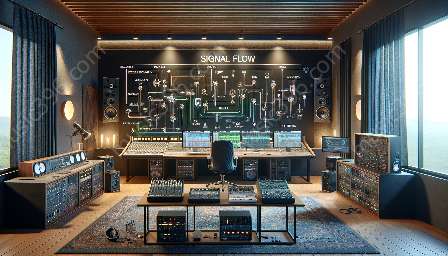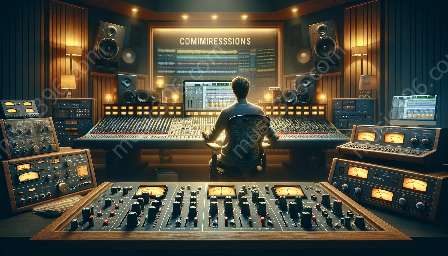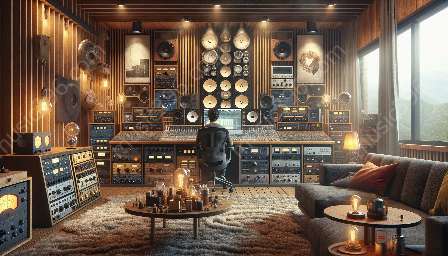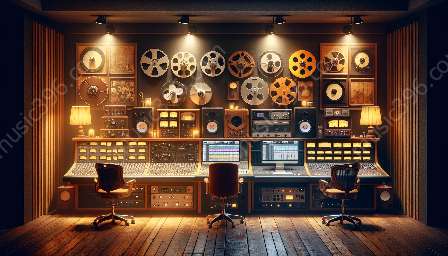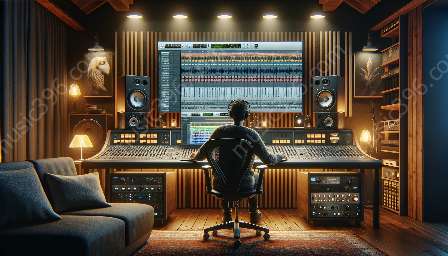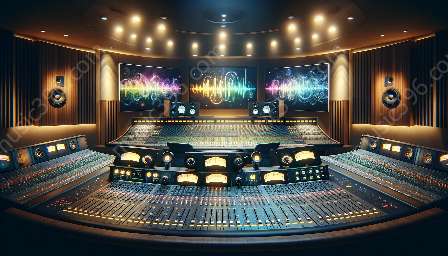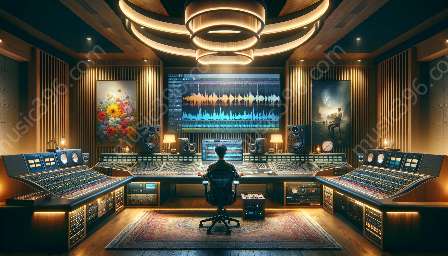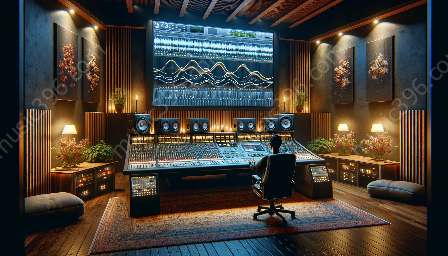When it comes to mastering electronic music, using a good compressor can make all the difference in achieving that polished and professional sound. A compressor is an essential tool in audio mixing and mastering, especially in the context of electronic music where dynamics play a crucial role. In this topic cluster, we will explore the key characteristics of a good compressor for mastering electronic music and how it ties into compressor utilization in audio mixing and the art of audio mixing and mastering.
Understanding Compressor Utilization in Audio Mixing
Before delving into the characteristics of a good compressor for mastering electronic music, it's important to understand the role of compressors in audio mixing. A compressor is a dynamic range controller that helps even out the volume of audio signals by reducing the dynamic range. In audio mixing, compressors are used to control the dynamics of a sound source, making it sound more controlled and balanced. This is particularly important in electronic music, where the dynamic range can vary significantly between different elements of the mix, such as synths, drums, and bass lines.
Compressors can be used for a variety of purposes in audio mixing, including:
- Controlling the dynamic range of individual tracks
- Gluing together the elements of a mix
- Adding punch and impact to sounds
- Creating a more consistent and balanced mix
When used correctly, compressors can enhance the clarity, impact, and cohesiveness of the mix, ultimately contributing to the overall quality of the final master.
Characteristics of a Good Compressor for Mastering Electronic Music
Choosing the right compressor for mastering electronic music is crucial for achieving professional-sounding results. There are several key characteristics to consider when selecting a compressor for this purpose:
Transparent Sound
A good compressor for mastering electronic music should have a transparent and natural sound. Transparency refers to the ability of the compressor to process the audio signal without introducing coloration or artifacts. This is essential in electronic music, where the goal is often to retain the original character and tonal quality of the sounds while achieving greater control over the dynamics.
Dynamic Range Control
The compressor should provide precise control over the dynamic range, allowing the mastering engineer to effectively shape the dynamics of the mix. This includes features such as adjustable attack and release times, ratio controls, and advanced detection algorithms to accurately respond to the transients and sustained portions of the music.
Low Noise and Distortion
It is imperative that the compressor introduces minimal noise and distortion to the audio signal. Clean and transparent processing is essential for maintaining the fidelity and clarity of electronic music, especially in the context of mastering where subtle nuances can make a significant impact.
Multiband Capabilities
In mastering electronic music, having a compressor with multiband capabilities can be advantageous. Multiband compression allows for independent processing of different frequency bands, enabling precise control and enhancement of the various elements within the mix. This can be particularly beneficial when dealing with complex and layered electronic arrangements.
Versatility
A good compressor for mastering electronic music should offer a high degree of versatility, allowing the mastering engineer to adapt to a wide range of musical styles and sonic characteristics. This includes having a variety of adjustable parameters and a flexible interface that facilitates seamless integration into the mastering workflow.
Accurate Metering and Visualization
Accurate metering and visualization tools are important for monitoring the gain reduction and output levels during the mastering process. The compressor should provide clear and precise visual feedback, enabling the mastering engineer to make informed decisions regarding the dynamics and tonal balance of the music.
The Art of Audio Mixing and Mastering
Understanding the characteristics of a good compressor for mastering electronic music ties into the broader art of audio mixing and mastering. The ability to effectively utilize compressors and other tools in the mastering process is a skill that requires a deep understanding of music production, sound engineering, and artistic sensibility.
Audio mixing and mastering involve a delicate balance of technical precision and creative expression. The mastering engineer is tasked with ensuring that the final mix translates well across various playback systems and accurately reflects the artistic intention behind the music. Compressors play a pivotal role in this process, as they allow for the fine-tuning of dynamics and tonal balance, ultimately contributing to a more professional and cohesive sound.
Mastering electronic music, in particular, requires a keen ear for detail and an understanding of the sonic characteristics that define the genre. The mastering engineer must navigate the complexities of electronic sounds, intricate arrangements, and stylistic nuances to deliver a master that captivates the listener and conveys the intended emotional impact.
Conclusion
Choosing a good compressor for mastering electronic music is a crucial decision that can greatly impact the final quality of the music. By understanding the key characteristics of a good compressor, mastering engineers can make informed choices that align with the sonic goals and artistic vision of the music. Compressor utilization in audio mixing and mastering, especially in the context of electronic music, plays a central role in sculpting the dynamics, tonal balance, and overall impact of the final master. When used skillfully and thoughtfully, a good compressor becomes an indispensable tool in crafting compelling and professional-sounding electronic music.



